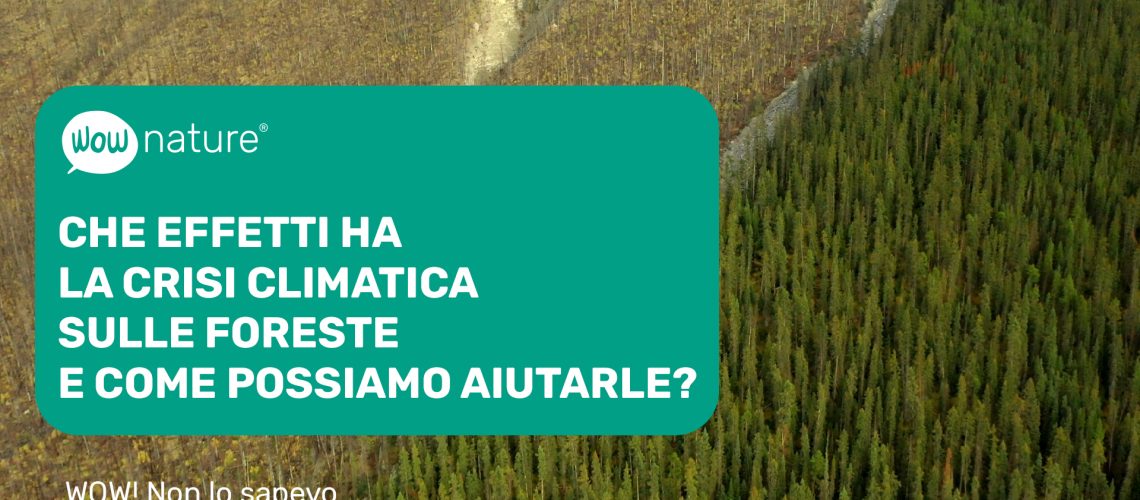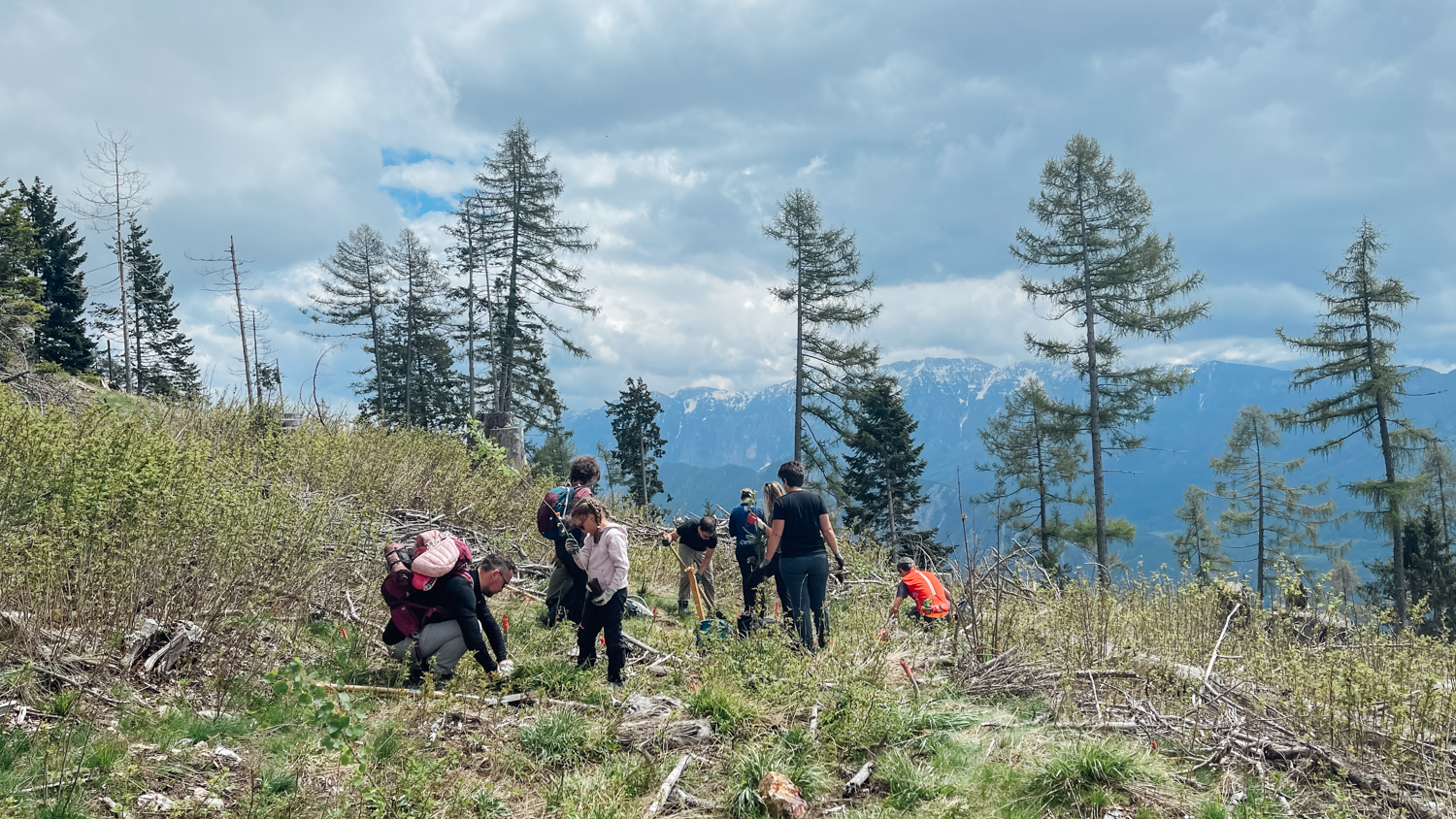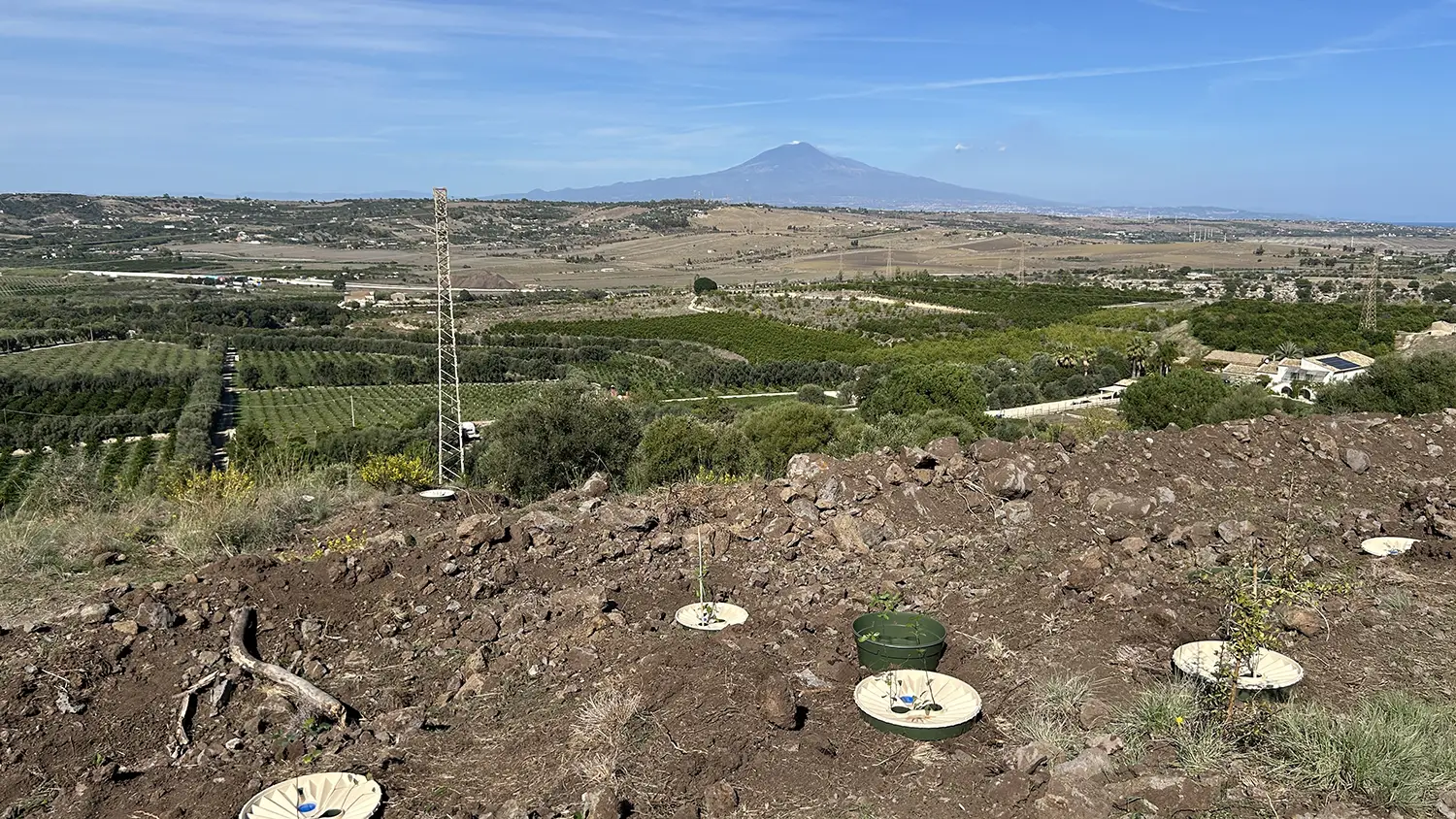

The effects of climate crisis on forests
- ,
- , WOW, really?, WOW, really?
The impact of climate change on flora and fauna
Both animal and plant species have evolved over millions of years by adapting to environmental features, with climate playing a crucial role. Even small changes in global temperatures can have significant effects. For example, polar bears are threatened by melting ice that is essential to their survival. Similarly, coral reefs, which support 25 percent of ocean life, suffer from rising temperatures.
How species adapt to climate change
Species can adapt to climate change through various ways: evolution, behavioral changes or permanent migration to areas with more favorable climatic conditions. However, the rapid change in modern climate makes it difficult for many species to adapt fast enough, increasing the risk of extinction.
Assisted migration: an aid for species
Assisted migration is a concept created to help species move to areas more suitable for their survival. This process involves, for example, planting trees north or at higher altitudes than where they are currently located. This method, already in use in several parts of the world, requires careful planning to avoid altering ecological balances. In Europe, most forests are not primary forests but ecosystems simplified by humans. Assisted migration could play a crucial role in preserving these forests by helping tree species that cannot migrate quickly.
Protect ecosystems
Reducing greenhouse gas emissions is critical to addressing the climate crisis. In parallel, we can protect and help natural ecosystems recover from extreme weather events. For example, we are taking action in the Dolomites after Storm Vaia by also planting broadleaf trees such as birch. In the Po Valley, we are already introducing Mediterranean species to help forests adapt to climate change.
SHARE
Other news


What does a tree look like?


Updates from Bosco della Panarotta



